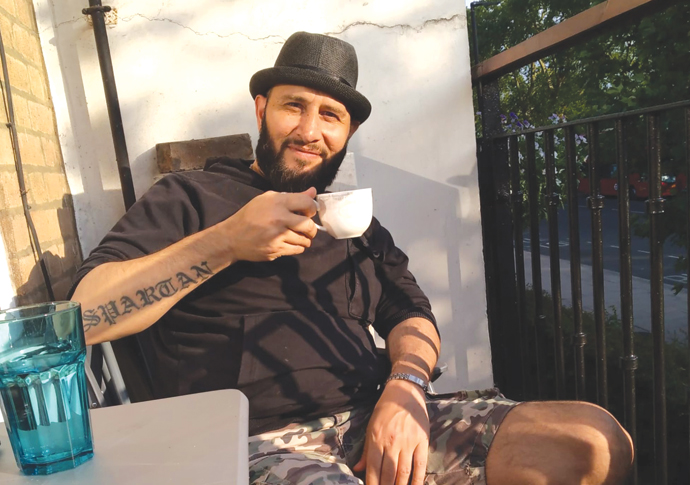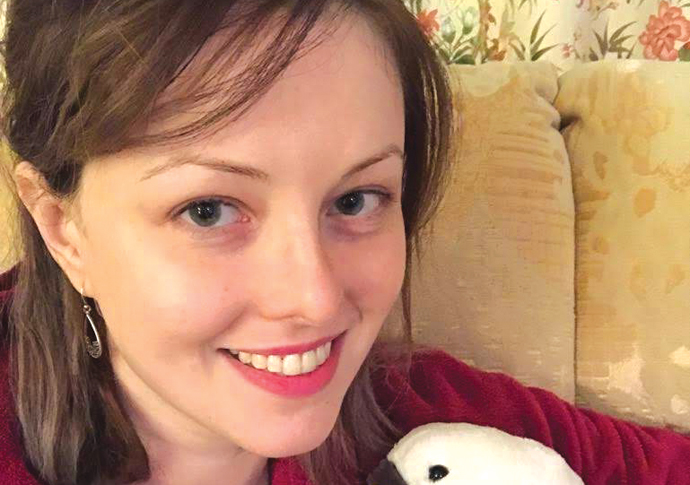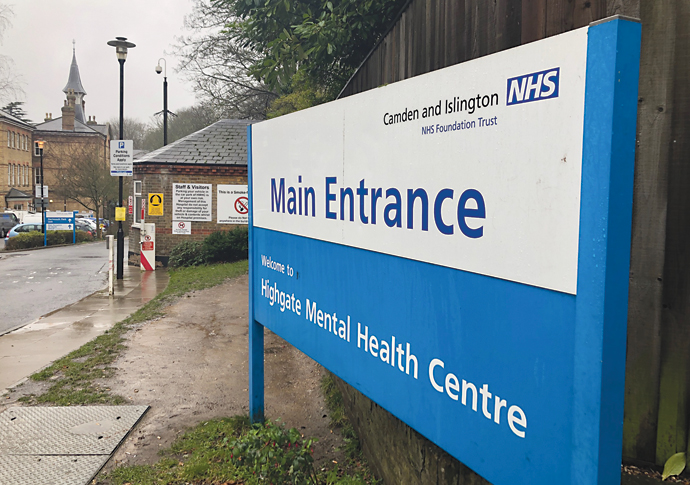‘They didn’t have to die at hospital’
Report finds mental health care failings after patient deaths
Friday, 8th August — By Daisy Clague

Nicholas J’Douro
INSPECTORS have found that mental health hospitals in north London are not up to scratch after a high number of deaths on their wards triggered an investigation.
A new report by independent health regulator the Care Quality Commission (CQC) said services in four north London adult mental health units “require improvement” – the second worst rating, above “inadequate”.
It included a review of the 10 wards at Highgate West Mental Health Centre, where patients from Camden and Islington receive treatment.
The inspection was done in response to a “number of serious incidents and a number of deaths” across the mental health hospitals run by the North London NHS Foundation Trust, including five deaths at Highgate between April 2022 and March 2024.
There were at least two further patient deaths at Highgate – Nicholas J’Douro, 46, and Louise Crane, 39 – in April and September 2024 respectively, as reported by the Tribune this year. Mr J’Douro’s mother, Maria, told the Tribune this week that she was “thankful” for the investigation, but unsurprised by its findings. “We know from speaking to people that it’s been happening for a long time, and that hurts even more – knowing that Nick didn’t have to end up losing his life, if they had taken measures years ago,” she said.
“That’s why all these deaths are happening. I think it’s appalling and tragic, and heartbreaking for the families. We need justice – we need to know that this is never going to happen again to another family, and to prove that this should not be going on in hospitals in the UK.”

Louise Crane
As well as an overall rating of “requires improvement”, the CQC’s report outlined specific areas for improvement across the trust’s mental health wards.
Of 56 patients interviewed, nearly a third said there were not enough staff, especially at weekends.
The report said patient observations and reviews were not always carried out properly, there were not enough staff working on the wards and there were low rates of training in key areas such as life support and the prevention of violence and aggression. That lack of patient observation was one of a series of “missed opportunities” in making sure Mr J’Douro was kept safe on the Opal ward in Highgate, an inquest found.
He was not checked on every hour as was required under clear regulations, and at some points he was mistaken to be sleeping during monitoring rounds, even as he lay dead on his bed.
“It will stay with me forever,” his mother added.
When the Tribune first reported on the inquest into Mr J’Douro’s death, the North London NHS Foundation Trust (NLFT) gave their condolences to his family and said they were open to improving their care and “learning from any death of someone impacted by mental ill health”.
The independent report also found examples of patients being administered medicines without the correct legal permission required by the Mental Health Act, including on Highgate’s Sapphire ward.
This is where Samantha Larkin’s brother, Justin Barrett, 45, was a patient when he died in 2019. In 2022, the NHS Trust accepted liability in negligence for Justin’s death, including by removing one-to-one to observations the day before he died, and paid a settlement to his family.
Ms Larkin told the Tribune this week: “It is so upsetting and frustrating to hear that the trust continue to fail some of the most vulnerable patients in our society like my brother.
“Justin’s gone, we can’t bring him back. We have tried so hard to establish some sort of learning from his death, but it’s never been apparent.”

She added: “I don’t think that mental health is treated in the same urgent way as physical health. I was so shocked at the failings that contributed to Justin’s death, and then to read about similar deaths across the country – if these deaths were all in the Royal Free or UCLH, it would be on the front page of every national newspaper every day. The mental health setting seems so disorganised – I don’t blame one particular person, but it’s the bigger picture. It’s a systemic issue.”
In a letter of apology dated January 2023, chief executive of Camden and Islington NHS Foundation Trust Jinjer Kandola MBE said she understood there were failures that “may have provided Mr Barrett with the opportunity to take his own life, which may otherwise have been prevented”.
“I want to say that I am very sorry for the mistakes made in your brother’s care,” she added. Despite the several areas for improvement noted in the CQC report, the care and responsiveness of staff across the trust’s mental health units were rated “good”, with patients describing staff as kind, caring and approachable.
In the past year, the Tribune has raised concerns about the quality of care in Highgate West Mental Health Centre following the tragic deaths of Mr J’Douro and another patient, Louise Crane, who died on Highgate’s Topaz ward in September 2024. At an inquest, a jury found that “inadequate” staffing, care and treatment contributed to her death.
An NLFT spokesperson said they aimed to learn “every possible lesson from Louise’s death, in order to improve care and prevent any similar tragedies”.
In response to the CQC report, NLFT’s chief nursing and allied health professions officer Manny Gnanaraj said: “I’m pleased to see that today’s report confirms we have prioritised important aspects relating to safety of the services we provide, including ensuring staff can identify and report any issues of concern, and that we hold safety huddles, and have robust reviews of reported incidents.
“We know we have further to go but I am confident that we are in a good place to move forward further and faster with this vital work.”